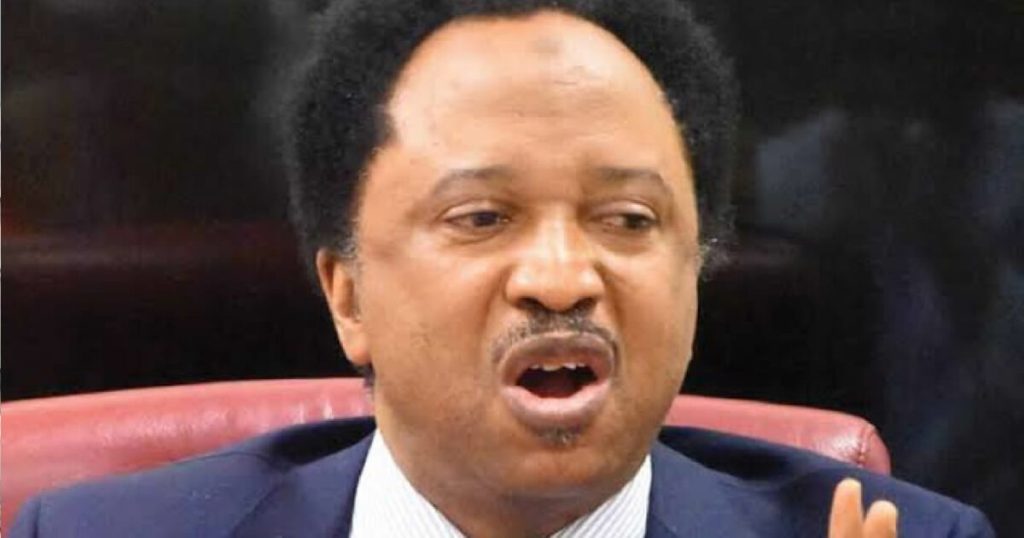The debate surrounding social media regulation is a complex and multifaceted one, raising crucial questions about the balance between freedom of expression and the prevention of harm. Former Kaduna senator, Shehu Sani, has highlighted this dilemma, particularly in the Nigerian context, warning against the potential dangers of stifling free speech while acknowledging the need to curb the misuse of online platforms. Sani’s commentary comes amidst a controversy involving activist Omoyele Sowore, whose tweet criticizing President Bola Tinubu prompted a request from the Department of State Services (DSS) for X (formerly Twitter) to remove the post. This incident underscores the delicate balancing act facing governments worldwide as they grapple with the implications of social media’s pervasive influence.
Social media platforms have become integral to modern communication, enabling individuals to share information, express opinions, and mobilize for social and political causes. However, these platforms can also be exploited to spread misinformation, incite violence, and harass individuals. The challenge, as Sani points out, lies in finding a way to regulate these platforms without unduly restricting legitimate expression and hindering the ability of citizens to hold those in power accountable. He argues that heavy-handed regulation could shield governments from scrutiny and erode democratic principles, while a complete lack of oversight could lead to a proliferation of harmful content, jeopardizing social cohesion and individual safety.
The dilemma is not unique to Nigeria, as Sani observes. Democracies around the world are wrestling with the same fundamental questions about how to regulate these powerful platforms. The rapid evolution of technology and the borderless nature of the internet further complicate the issue, making it difficult for national laws and regulations to keep pace. The case of Sowore’s tweet exemplifies this challenge, as it raises questions about the jurisdiction of national authorities over content hosted on international platforms. The DSS’s request to X to remove the tweet highlights the potential for conflicts between national interests and the principles of free speech.
Sani’s analogy of social media to a gun aptly captures the dual nature of these platforms. Just as a gun can be used for self-defense or to commit violence, social media can be a tool for positive change or a weapon of destruction. It can facilitate democratic discourse and hold power to account, but it can also be used to spread propaganda, fuel hatred, and incite violence. Striking a balance that allows for the beneficial uses of social media while mitigating its potential harms is the crux of the challenge facing policymakers and platform operators.
The debate over social media regulation is intertwined with broader discussions about the role of technology in society and the limits of free speech. Some argue that the right to free expression should be absolute, while others emphasize the need to protect individuals from online harassment, hate speech, and misinformation. Finding a middle ground that respects both individual rights and societal well-being is crucial for fostering a healthy and productive online environment. This requires a nuanced approach that considers the specific context and cultural norms of each society.
In the Nigerian context, the debate over social media regulation takes on added significance given the country’s history of political repression and the importance of free speech in holding power accountable. The incident involving Sowore’s tweet highlights the potential for social media regulations to be used to silence dissent and suppress critical voices. Therefore, any attempt to regulate social media in Nigeria must be approached with caution, ensuring that such regulations do not become tools for political censorship or infringe on fundamental rights. The challenge is to develop a framework that protects free speech while also addressing the legitimate concerns about online harm, fostering a digital space that is both vibrant and safe.


